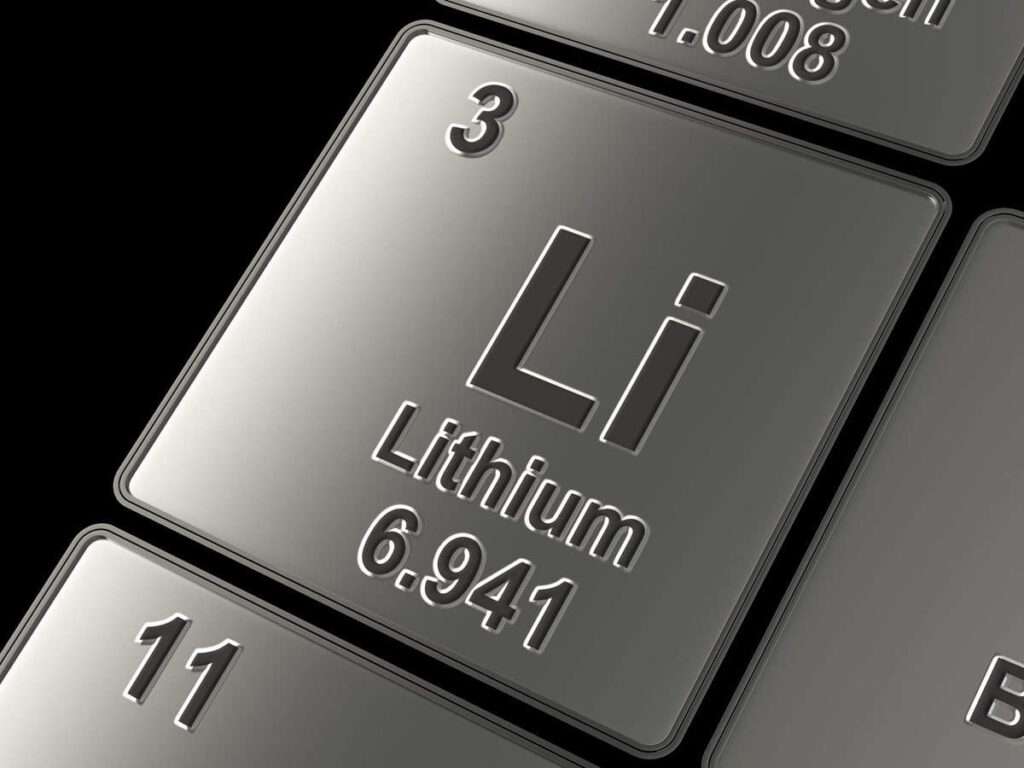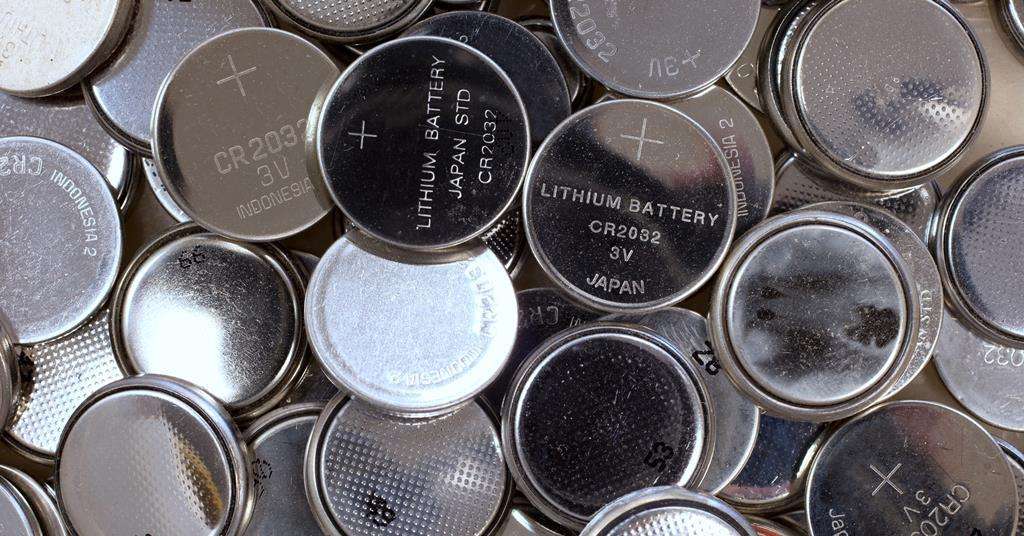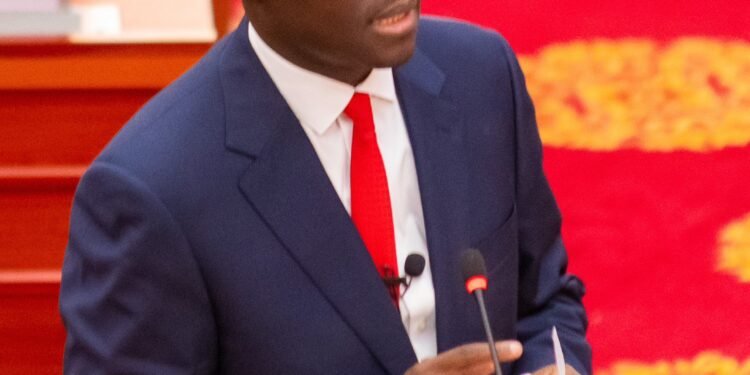Europe is at the verge of facing a critical supply crunch of key energy transition materials that could stall the EU’s green plans, according to a major metals industry report that echoes warnings from the renewable energy sector.
The growing demand for materials such as copper, lithium and cobalt for use in a wide range of clean energy generation and storage technology applications threatens to leave the continent struggling to meet demand by tapping unreliable or carbon-intensive supply sources.
While in the longer-term recycling could meet up to 75 per cent of Europe’s needs, the next 15 years will see “critical shortfalls without more mined and refined metals supplying the start of its clean energy system,” said the report’s authors.
The report which was conducted by Belgium’s KU Leuven University and commissioned by metals producers’ body Eurometaux— which represents major industry players such as Glencore, Rio Tinto, Alco and Anglo American— warns that Europe faces a supply crunch for five key materials— lithium, cobalt, nickel, rare earths and copper— by 2030, with demand peaking 2040 after which recycling will start to ease the situation.
Until then, Europe is hard-pressed with time, and faced with tough choices over how to meet its early demand boom. It could seek to encourage more mining and refining on European territory, a course beset with planning and environmental issues, and overshadowed by the fact that soaring energy costs have actually forced domestic refining capacity to close.

Europe Risks Relying on Coal-powered metal production
Nonetheless, Eurometaux questioned why Europe has not followed China’s lead and invest in mines outside its territory to ensure high environmental standards are met.
Otherwise, Europe risks relying on “Coal-powered Chinese and Indonesian metal production [that] will dominate global capacity growth for battery metals and rare earths”.
Liesbet Gregoir, lead author of the study at KU Leuven, said: “Europe needs to decide urgently how it will bridge its looming supply gap for primary metals. Without a decisive strategy, it risks new dependencies on unsustainable suppliers.”
The metals industry study follows an International Energy Agency report last year highlighting a “looming mismatch” in supply and demand of key energy transition materials.
The Eurometaux report sounds strong warnings from the renewables industry at WindEurope’s recent conference in Bilbao, where Samuel Leupold, chair of Corio Generation, said current concerns over imported hydrocarbons should sharpen governments’ focus on the need to secure access to the commodities that will underpin the next energy era.
“Renewables and wind energy must position itself much more as an instrument of geopolitics going forward in Europe,” said the Corio executive, adding that “The age of hydrocarbons will be followed by the age of energy transition materials.”
US Energy Secretary Jennifer Granholm has also said that supply chains for key energy transition minerals and materials need to be scaled-up and secured as nations lay their plans for a future that is both green and less reliant on Russia.
While sentiments of a looming metals supply crunch is eminent, McKinsey, in a new report has suggested that though there is a decline in supply of metals, particularly, lithium, such worries are overblown and therefore indicates that supply is expected to rise in the coming years.
READ ALSO: Cal Bank Drives Positive GSE Rally























